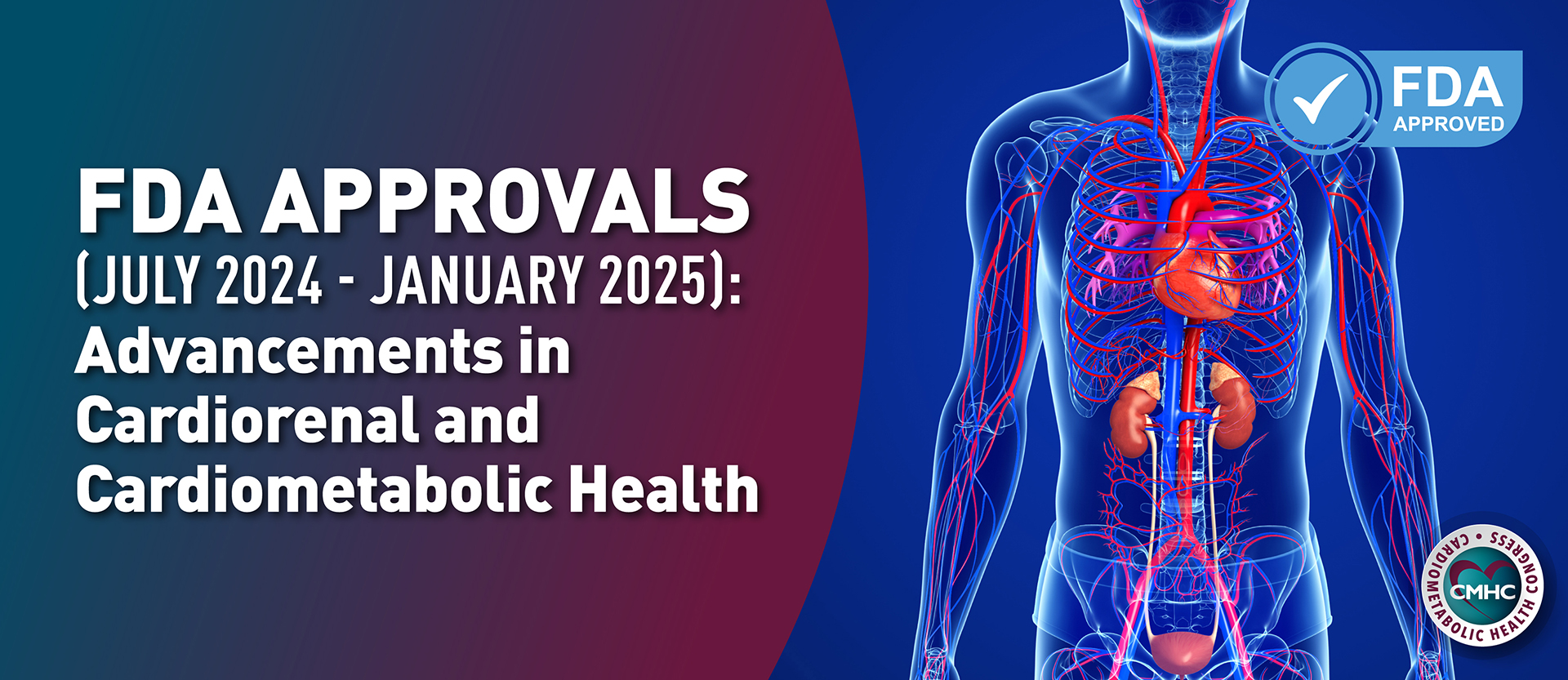Combined with the toll of the prevailing COVID-19 pandemic, the flu season and the associated influx of illness are expected to place a significant burden on the public health system this fall and winter. The medical community is becoming increasingly burdened with the current upsurge in patient visits as well as the impending potential for adverse health consequences related to both diseases. High rates of cardiovascular events have been reported in adult patients hospitalized with influenza, per data from a recent study published in the Annals of Internal Medicine.
Influenza and Acute Cardiovascular Events
Coupled with the acute cardiovascular complications possible in COVID-19 illness, experts warn against a potential rise in cardiovascular events. In order to examine acute cardiovascular events and determine the risk factors for both acute heart failure and acute ischemic heart disease in adults hospitalized for influenza, researchers conducted a cross-sectional study of 80,621 adult patients (mean age of 69 years).
Data was obtained from the large, multi-center FluSurv-NET network and included patients from across 17 U.S. states with confirmed influenza during the 2010-2011 and 2017-2018 flu seasons. The research team utilized discharge codes to identify acute cardiovascular events; they also assessed exposure variables in their analysis including age, tobacco usage, chronic conditions, influenza vaccination, influenza antiviral medication, as well as influenza type and subtype.
Elevated Incidence of Acute CV Events
The study’s authors reported an 11.7% incidence of acute CV events in the cohort with acute heart failure and acute ischemic heart disease as the most common events occurring at 6.2% and 5.7%, respectively. Hypertensive crisis, cardiogenic shock, acute myocarditis, acute pericarditis, and cardiac tamponade were observed at lower rates, according to the team.
Patients who suffered acute CV events had a median length of hospital stay of 5 days, while for those with cardiogenic shock it was 9 days; 38.9% of cardiogenic shock patients died during the course of hospitalization.
Older age, extreme obesity, current tobacco use, atrial fibrillation, chronic heart failure, cardiomyopathy, coronary heart disease, diabetes mellitus, and chronic renal disease were all factors significantly associated with a higher risk of both acute heart failure and acute ischemic heart disease.
The study’s authors acknowledged their limitations, which included the sole enrollment of hospitalized patients with laboratory-confirmed influenza and a lack of available data on known risk factors for cardiovascular events – such as hypertension and hyperlipidemia. Furthermore, under-detection of influenza cases was likely as testing is primarily dependent on practitioner orders. Finally, acute cardiovascular events identified by ICD discharge codes could have been subject to misclassification bias, skewing the final results.
The population-based study revealed that nearly 12% of patients hospitalized with influenza experienced an acute cardiovascular event highlighting the current need for clinicians to ensure high rates of influenza vaccination. This is especially urgent among patients with underlying health conditions that already face a higher risk of adverse health outcomes related to both COVID-19 and the influenza virus.
“Increasing rates of influenza vaccination, especially among those with CV risk factors, is essential in preventing infection and potentially attenuating influenza-related CV complications and adverse outcomes,” noted the study authors. In the context of a global pandemic, the CDC urges wide-scale vaccination for all patients, however, cardiac patients in particular may benefit from the additional protection against acute CV events associated with influenza.


















